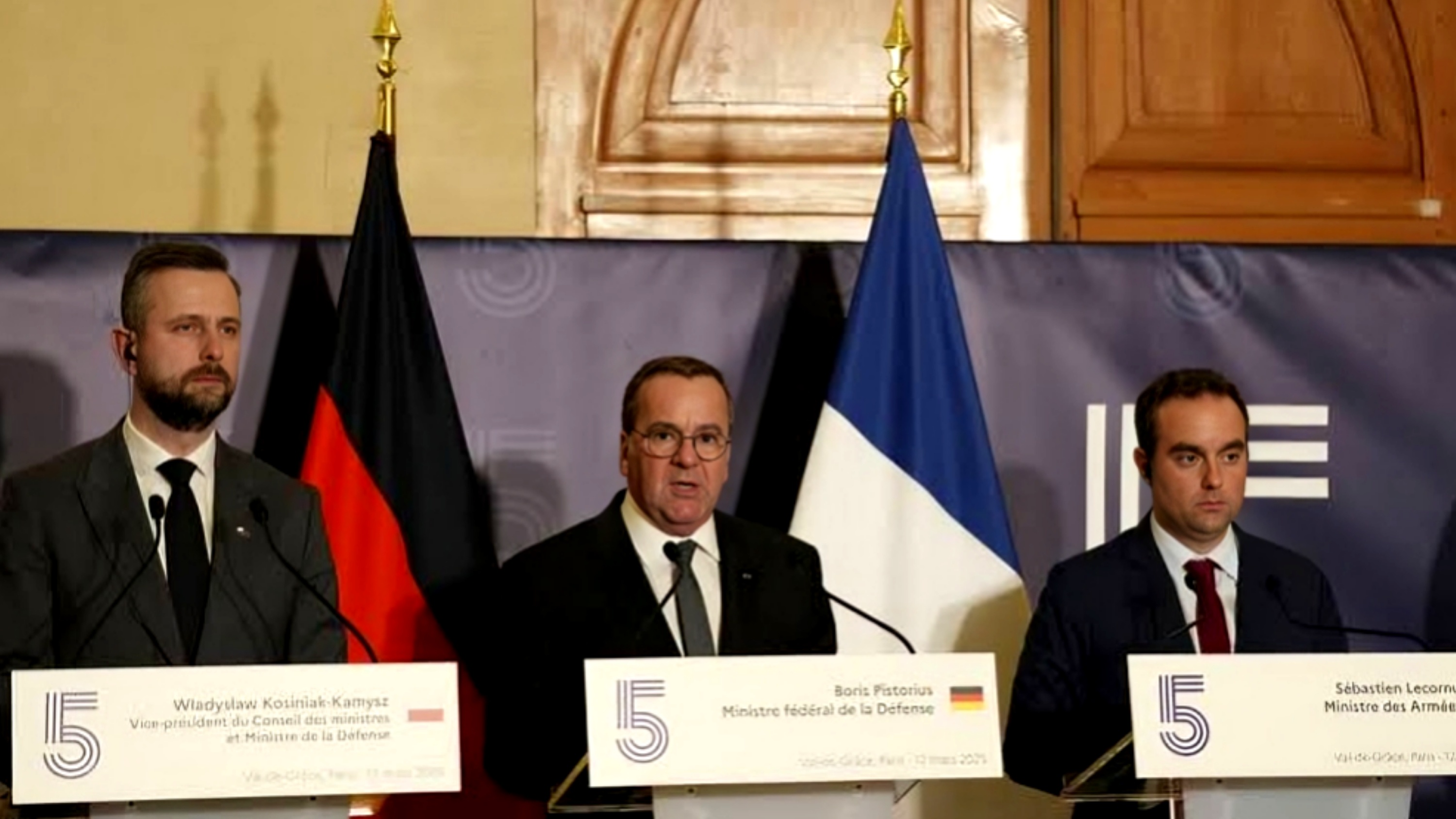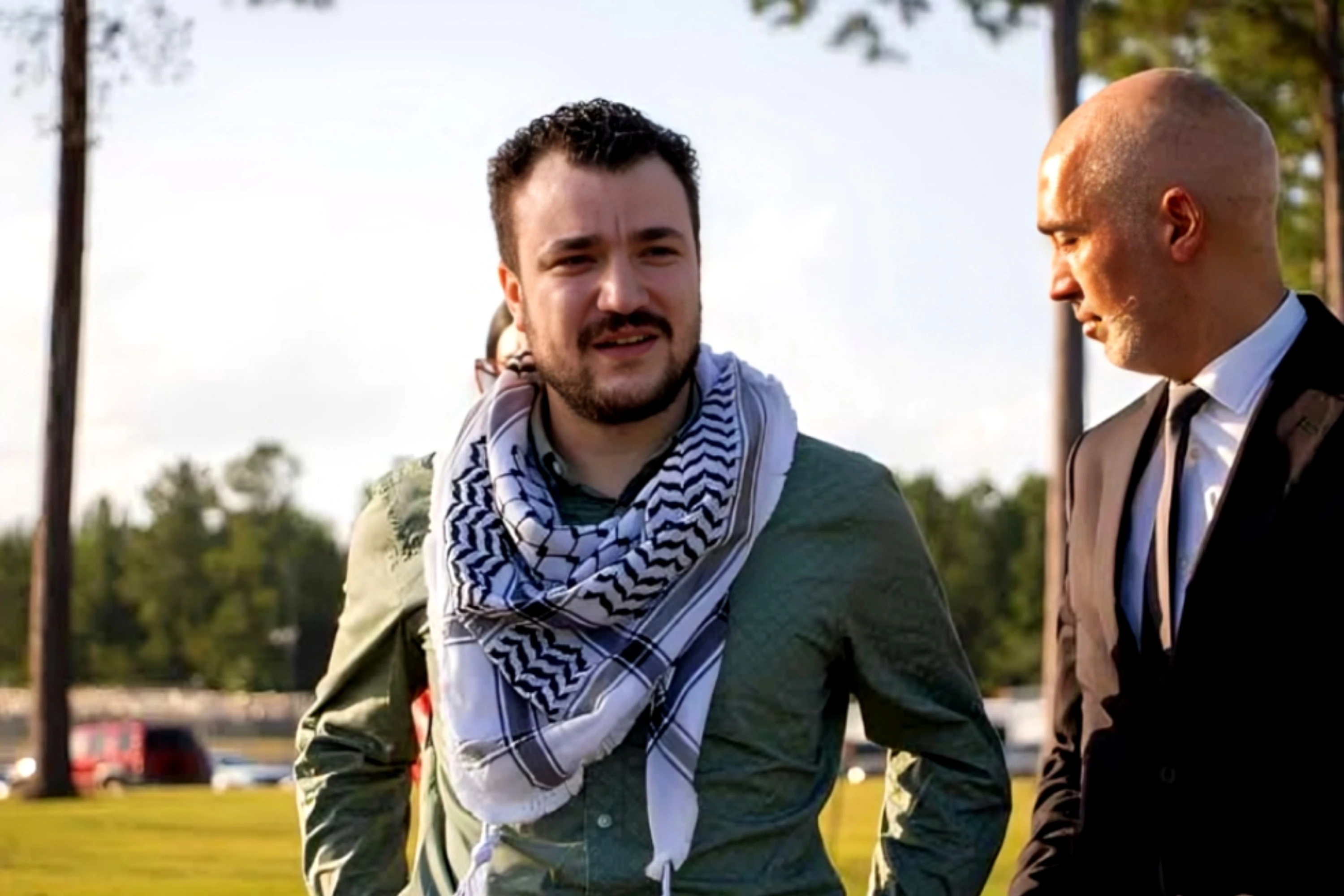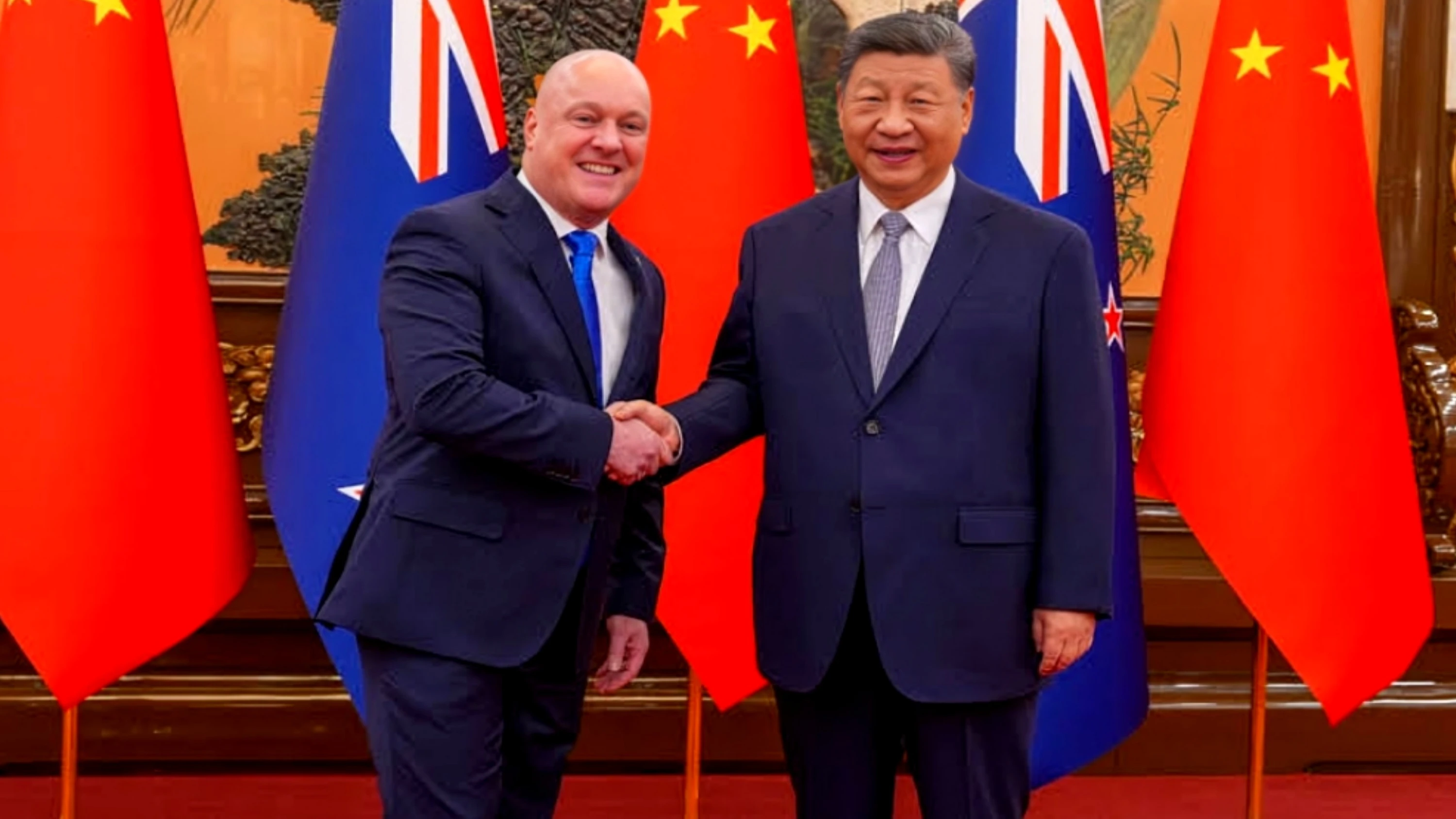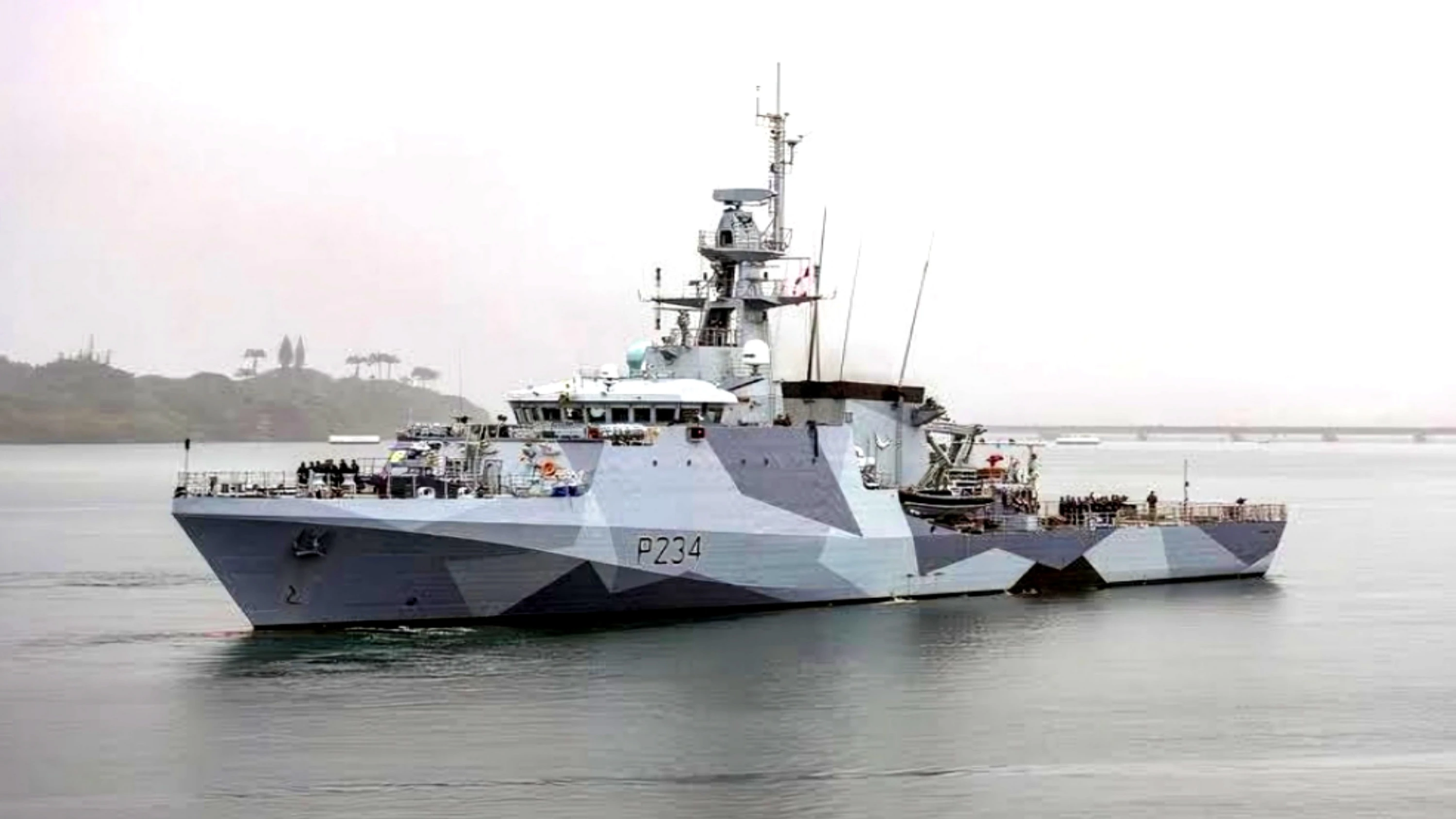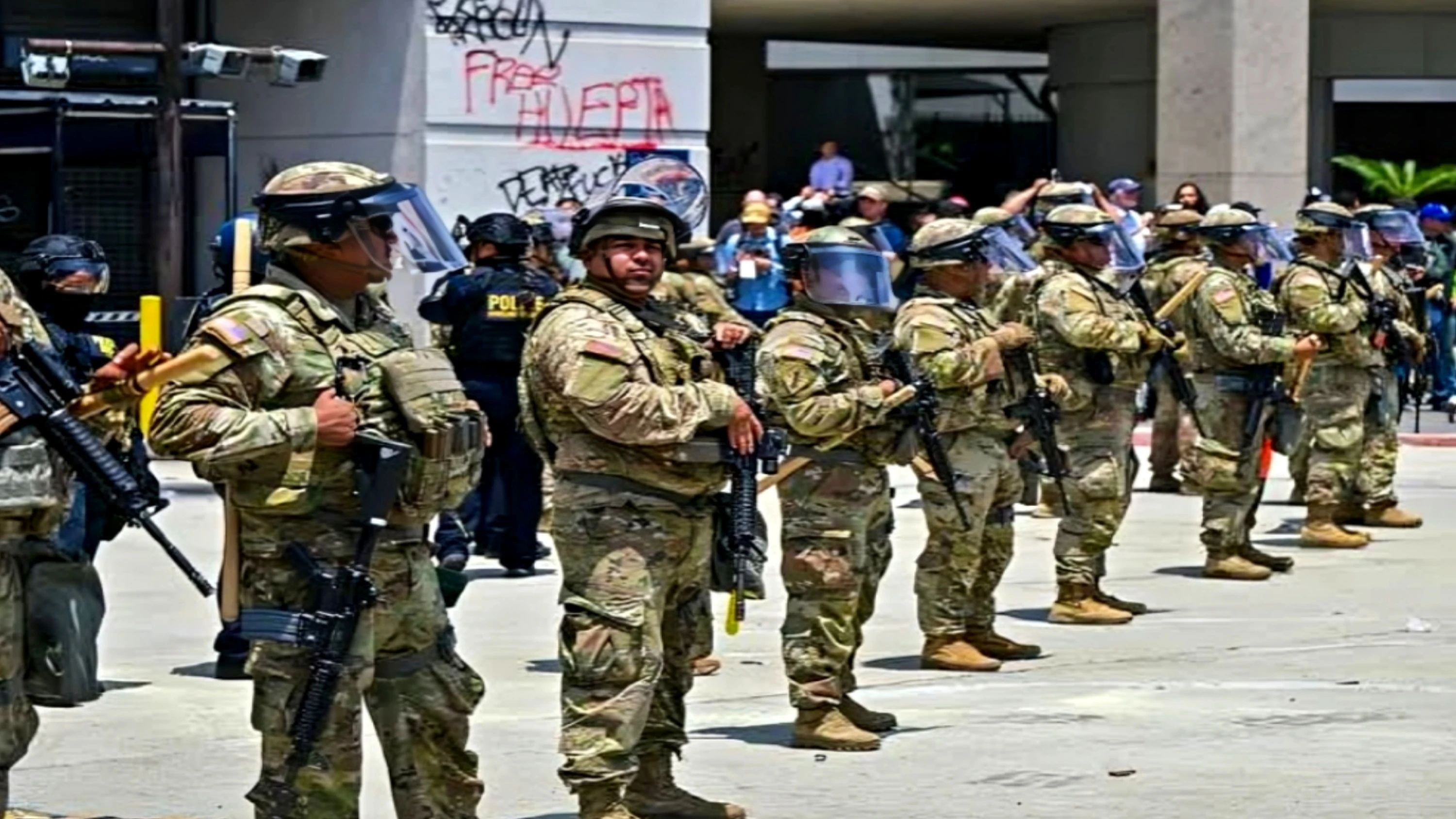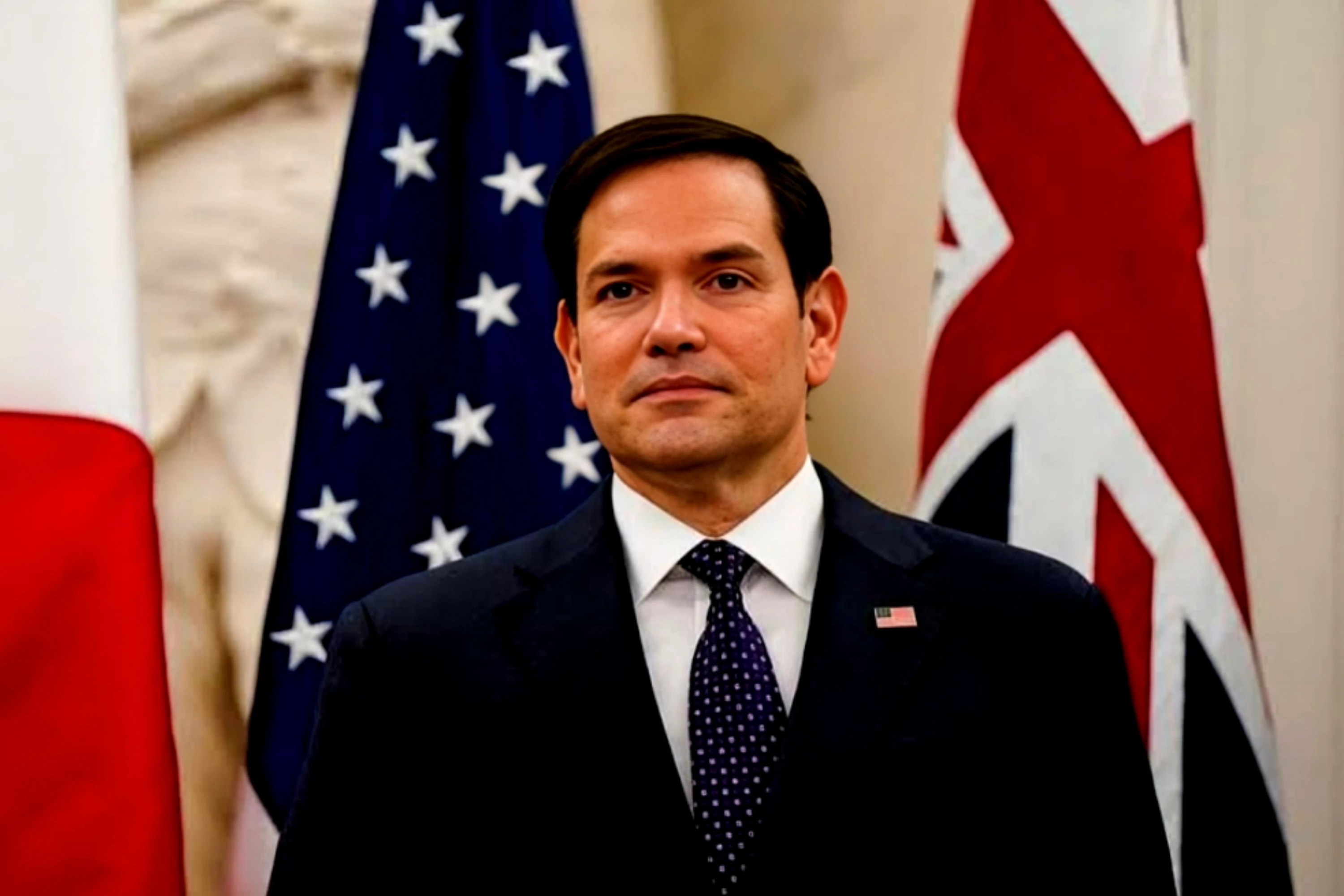Brussels: Defence ministers from Europe’s five largest military powers—France, Germany, the UK, Italy, and Poland—convened in Paris on Wednesday to deliberate on a fresh security framework for Ukraine, as the geopolitical landscape shifts following recent diplomatic moves between Washington and Moscow.
French Defence Minister Sébastien Lecornu highlighted the significance of the US-Ukraine negotiations in Saudi Arabia, stating that "the next move is up to Russia." A proposed 30-day ceasefire is currently under review by President Vladimir Putin.
This high-level meeting followed a rare gathering of 34 NATO military chiefs in Paris, where Japan and Australia also participated. Notably, the United States was absent from both discussions.
France and the UK have taken leading roles in rallying European support for Ukraine at a time when Washington’s commitment appears to be evolving. Lecornu confirmed that 15 countries have expressed interest in advancing security commitments to Kyiv. A follow-up meeting, again excluding US officials, is set to take place in two weeks, where more concrete proposals will be explored.
European nations reaffirmed their commitment to aiding Ukraine, with the UK pledging £4.5 billion (€5.3 billion) in assistance for 2025, while Poland, France, and other allies prepare to send additional military equipment.
In a joint statement, the defence ministers stressed the urgency of strengthening Europe’s own military capabilities by boosting defence spending and expanding arms production. However, efforts to establish a unified European defence strategy continue to face challenges, particularly due to differences in military hardware among nations, which complicates joint training and operational coordination.
German Defence Minister Boris Pistorius emphasised the need for more efficient procurement processes, warning that excessive bureaucracy could hinder progress at a critical time.
Meanwhile, the possibility of deploying European peacekeeping forces to Ukraine remains unlikely. "We’re not at that stage yet," Lecornu stated, identifying two immediate security priorities instead: ensuring stability in the Black Sea region and safeguarding Ukraine’s nuclear power plants.
Addressing long-term security concerns, Lecornu dismissed suggestions of a demilitarised Ukraine, while Italian Defence Minister Guido Crosetto reinforced this stance, declaring that Ukraine’s future depends on its ability to defend itself. "A demilitarised Ukraine is not an option," he asserted.


